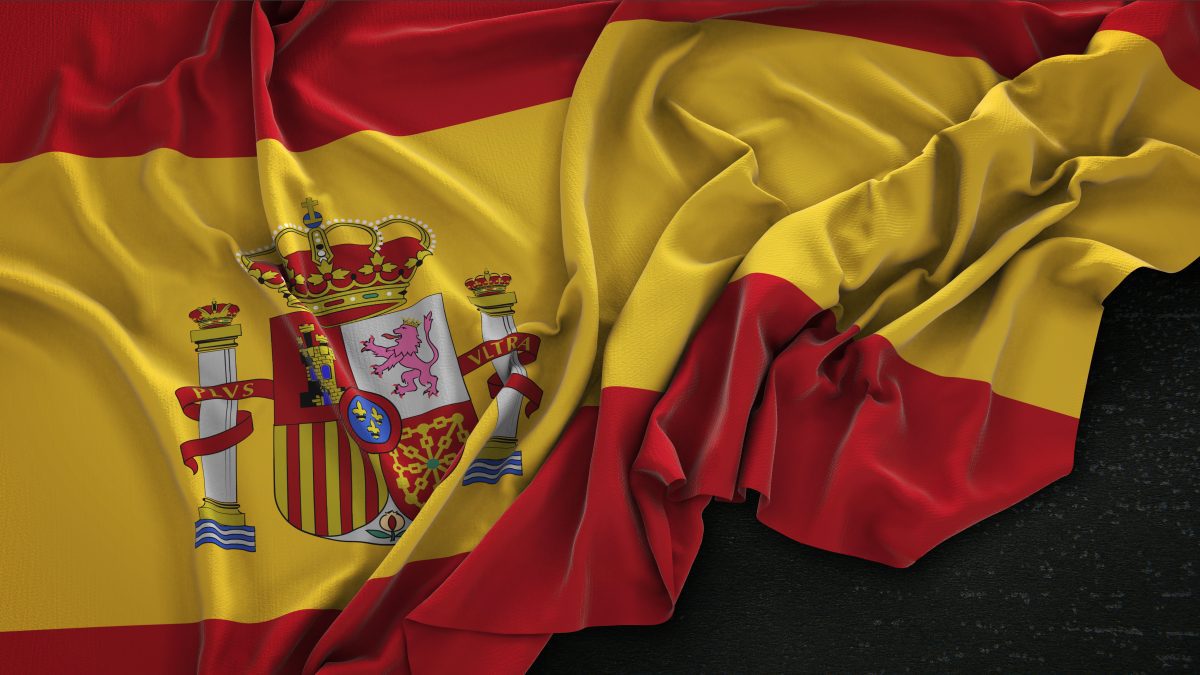Dark Days for Democracy in Spain


Spain Flag Wrinkled On Dark Background 3D Render
Written by Gabriel Mato, MEP, International Director, Partido Popular, Spain
These are dark days for democracy in Spain. To understand the current political crisis, we must start on May 28th, when local and regional elections took place in Spain. In said elections, the PP obtained a considerable victory. After its defeat, the PSOE called an emergency national election on July 23, which again resulted in a victory for the PP. On August 22nd, PP President Feijoo was called on by the King (following the constitutional process in Spain) to form a government, for which he needed to be endorsed by a majority of the Spanish Congress in a vote. Said investiture vote took place on September 26th and 27th, and Mr. Feijoo was four votes short of reaching the 176 seats needed.
After this failed investiture the PSOE, refusing to negotiate with the PP, started to cobble together a coalition with more than 30 parties. Most of them went to the polls grouped up in the far-left coalition Sumar. The rest are regionalist and separatist parties, amongst which there are EH Bildu, the far left, proud heir of ETA, and pro-Basque independence party; as well as ERC (Catalonian separatist left), BNG (the Galician left-wing regionalist party) and PNV (Basque, right-wing regionalists). Despite these deals, the PSOE still fell short of the threshold.
The only party that had enough votes to make Pedro Sánchez prime minister was Junts, (Catalan pro-independence right-wing party). That is the party that orchestrated the illegal referendum and DUI (unilateral declaration of independence) of 2017, kicking off the riots in Barcelona that year. For the events of October 2017, the political leaders and certain elements of the street protestors were convicted of various crimes (secession, terrorism, or embezzlement). However, some of those responsible fled abroad. Among them was Carles Puigdemont, who took refuge in Waterloo and was elected as a Member of the European Parliament in 2019. Despite being a fugitive and his manifest attempt at destroying Spain, the acting government did not flinch when it came to striking a deal with him just to get 7 more votes.
The deal includes amnesty for those convicted for the events of the last 10 years in Catalonia, including several cases of corruption and terrorism. Additionally, they have ceded all fiscal competencies to Catalonia, as well as control of the local railroad system and the cancellation of 15 bn euros in debt, not to mention the inclusion of Catalonia in certain international occasions.
On a more concerning note, the agreement includes setting up parliamentary committees to investigate if “lawfare” or judicialization of politics has occurred which, in practice, means subjecting judicial procedures and decisions to parliamentary review with evident interference in the work of the judiciary. This is the last of many measures aimed at ending the independence of the judiciary and hence, the separation of powers. The latter is particularly worrisome because, during Sánchez’s tenure, the judiciary has become more and more controlled by the PSOE.
Over the last few weeks, protests against a possible amnesty have been taking place in Spain and have intensified following the outrage caused by the announcement of the PSOE-Junts agreement. The PP joined in with a massive protest, which gathered more than 2 million people in cities all over the country. In addition to this, the vast majority of associations of magistrates and public servants in the field of law have published their own letters denouncing the situation, including the Chief Council of the Judiciary.
This week on November 16th, Mr. Sánchez has been made prime minister with the votes of all the parties that have openly vowed to destroy Spain. Moreover, the odds are that he will pass his amnesty law with the support of said parties and with a controlled Constitutional Court. He will continue eroding the separation of powers and trying to control the judiciary. We need to gather as much international support as possible especially from our European partners in order to defend the rule of law and democracy in Spain. We must act now!